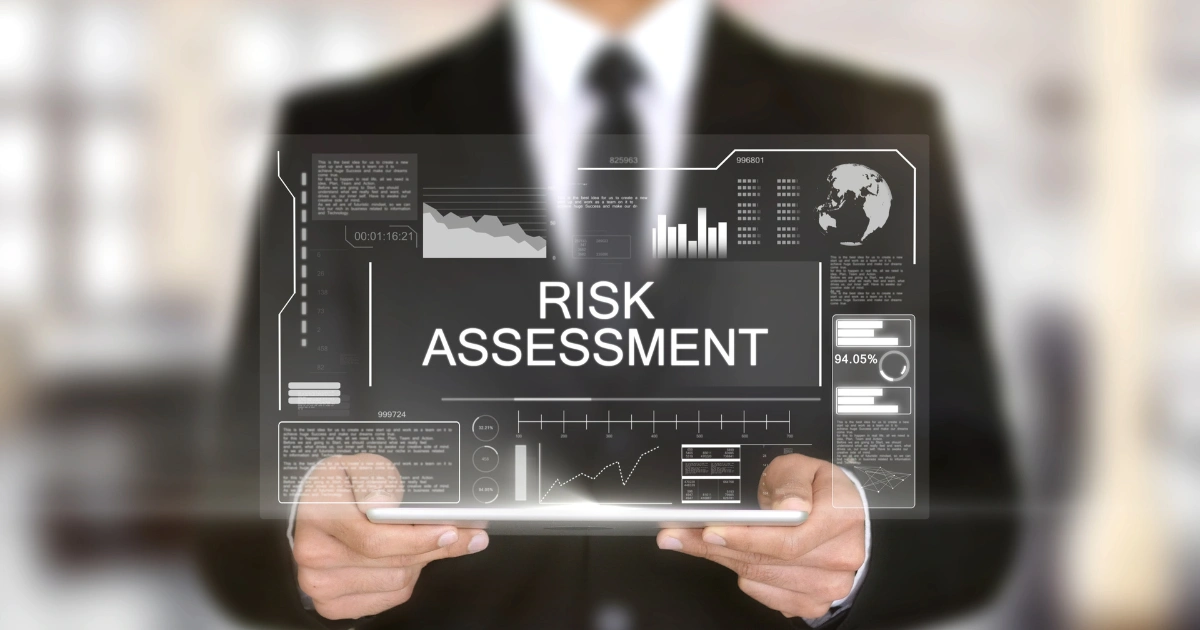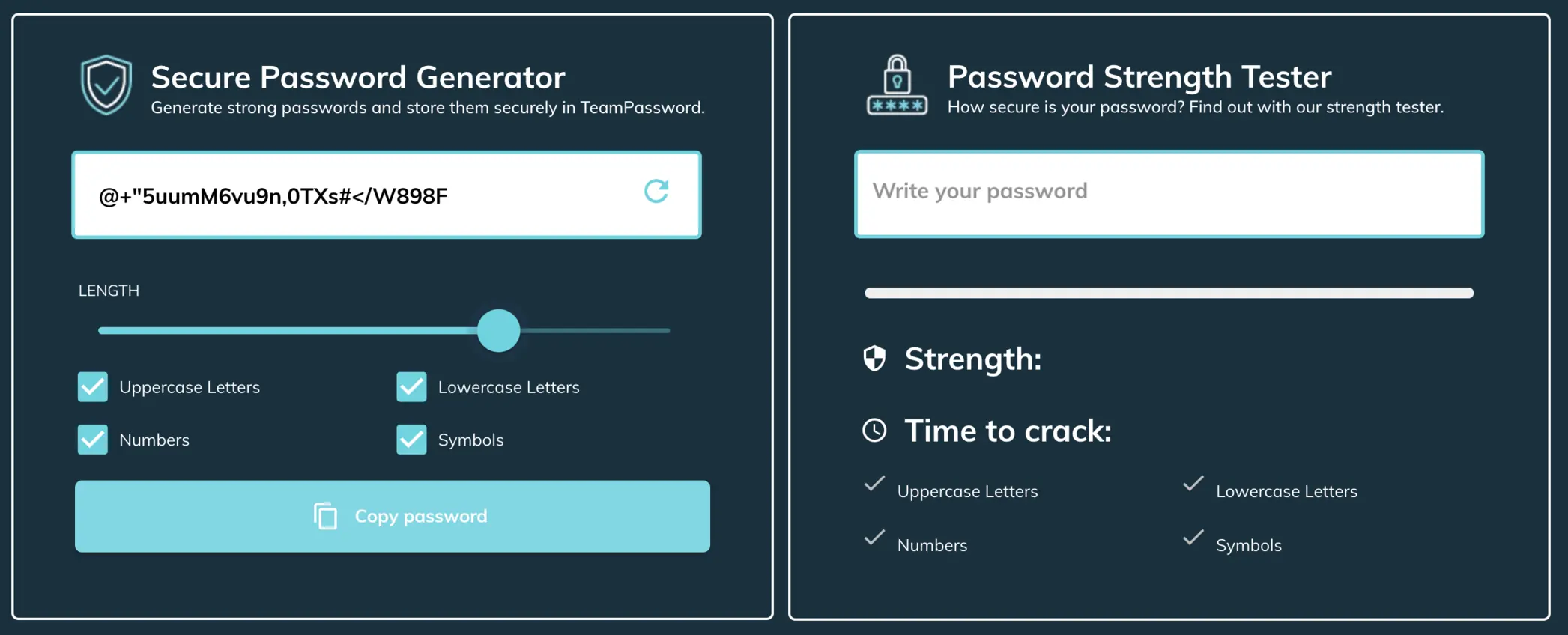Law Firm Data Security: How to Keep Your Firm Secure
The legal industry is one of the most susceptible to cyberattacks. According to recent data compiled by the American Bar Association, 27% of law firms experienced a security breach in 2022.
Cybercriminals know the gold that lies hidden in your law firm's files, including personally identifiable information (PII), financial information, and so much more. Illegal or accidental unauthorized access to a single file could harm both your firm and your clients.
But while the risks are great for your firm, your data security can be even greater. In this guide, we'll discuss the ins and outs of law firm data security so you can build an impenetrable wall between hackers and your data.
First, here are five key things you must know about law firm data security:
- Law firms can experience many types of security risks, including phishing, ransomware, and data leaks.
- Data security incidents can result in serious monetary losses for your firm, identity theft for your clients, and other serious consequences.
- Various laws and regulations exist that law firms must abide by, including (but not limited to) HIPAA and GDPR. Law firms also have an ethical duty to protect their clients' personal information at all costs.
- Law firms can protect their critical data by following several best practices, including conducting risk assessments, providing security training, and implementing access control.
- A simple way to boost law firm data security is by implementing a password manager tool such as TeamPassword. These tools enable the secure creation, sharing, and management of passwords across your firm.
Table of Contents
Law Firm Data Security Risks to Know
Law firms can experience a wide range of cyberattacks. However, there are four specific risks that are the most common in the industry. These risks include:
- Phishing: Phishing occurs when someone reaches out to you via text, email, or phone acting as someone else in hopes of gaining sensitive information. For law firms, individuals may act as potential clients or other businesses looking for information about current clients or employees.
- Ransomware: Ransomware, a form of malware, works by encrypting critical files on your devices. Once encrypted, the cybercriminal can then use the files to extort you. For example, they may claim that to gain access to your data, you'll need to pay a ransom.
- Data leaks: Data leaks occur when data is exposed by internal parties. In many cases, data leaks occur accidentally due to errors. For example, data may be exposed by sending a confidential email to the wrong recipient. However, in some cases, data leaks can happen through the malicious intent of internal parties.
- Subpar security policies: Bad password hygiene, a lack of strong backups, and other subpar practices can result in data loss for your firm.
The Impact of These Risks on Law Firms
Any of the above risks have the potential to wreak havoc on your law firm. For example, a successful ransomware attack could cause monetary losses for your firm. And data loss of any kind could result in serious consequences for your employees and clients, including identity theft.
In addition to the above, other consequences are of special interest to law firms. For example, data loss could damage your firm's reputation, which is a critical factor in building a successful law firm. And in some cases, you could be faced with a costly malpractice claim due to a data breach.
Law Firm Data Security Regulations & Guidelines
The data security risks for law firms are not to be taken lightly. Regulations and ethical guidelines exist to ensure the protection of law firm data.
For example, the American Bar Association outlines attorney ethical requirements. Rule 1.6 states, "A lawyer shall make reasonable efforts to prevent the inadvertent or unauthorized disclosure of, or unauthorized access to, information relating to the representation of a client."
This means you must do what it takes to safeguard your clients' personal information. Beyond ethical requirements, specific data security laws exist, including (but not limited to) HIPAA, GDPR, and other state-specific laws.
Understanding these legal and ethical requirements is the first step in protecting your firm, employees, and clients.
Data Security Best Practices for Your Law Firm
Sure, the potential consequences of subpar data security are scary. However, there is a silver lining. By following law firm data security best practices, you can protect your firm from all breaches, whether accidental or malicious in nature.
These best practices include:
- Conducting a risk assessment to determine your firm's unique data security risks
- Creating a data security plan so you can be prepared for any security incident
- Providing internal and external data security training for both employees and clients
- Improving your password practices to safeguard your accounts, apps, and services
- Implementing access control to ensure data doesn't fall into the wrong hands
- Developing and following a mitigation plan to stop breaches in their tracks
- Reviewing security policies regularly to ensure processes and procedures are up-to-date
1. Conduct a Risk Assessment
While virtually all law firms are subject to the same data security risks, some firms are at higher risk than others. This is due to many factors, such as technology use and a firm’s security posture.
The first step in reducing risk is to understand the specific risks threatening your firm the most so you can take action. This is done through a risk assessment. An assessment can help you identify and fix data security flaws. It can pinpoint issues involving access, data misuse, and more.
To conduct a risk assessment, start by taking stock of all of your assets, from client data to laptops. This ensures you know what you must protect. Then you can start defining the potential threats to these assets and their impact. Finally, you can begin to prioritize the risks in need of mitigation based on their severity.
2. Create a Data Security Plan
Once you’ve identified potential risks, you can create a data security plan. This plan outlines the policies and procedures your firm will follow to safeguard your data.
Having a plan in place acts as your guide in the event of security incidents. A plan can also help you remain in compliance with regulations such as the GDPR.
An effective data security plan will include elements such as:
- The roles and responsibilities of your team regarding security procedures
- The steps you plan to take to mitigate security risks and breaches
- The safeguards you have in place to protect data, such as firewalls, two-factor authentication, etc.
- Other policies and procedures, such as those for acceptable use and employee security training
3. Provide Internal & External Training
Many data breaches occur due to simple human error. For example, an employee may open a suspicious email or accidentally share a critical file with the wrong client.
The modern-day law firm is also a digital one that serves clients via email, video chat, and messenger apps. This means client errors could also result in data loss.
The first step in preventing these mishaps is ensuring you have security training in place to educate both employees and clients on security risks and preventative measures. For example, you should implement security programs that cover critical topics such as:
- Password hygiene
- Internet browsing safety
- Phishing, malware, and fraud
- Email and social media use
For the best results and to keep up with the ever-evolving threat landscape, you should ensure your employees receive monthly or quarterly security training. As for your clients, it's a good practice to send security reminders just as often.
4. Improve Your Password Practices
Passwords often stand between a hacker and your critical data. This is why it's so important to follow password best practices to secure your apps and services.
First, you'll want to ensure all employees and clients are creating and using strong passwords. A strong password is:
- At least 12 characters long
- A combination of numbers, letters, and special characters
- Not your name, your pet's name, or any other easy-to-guess words and phrases
You should also refrain from using the same password across accounts. Passwords should be changed at least every three months for the best protection.
Next, you'll want to champion the use of two-factor authentication (2FA). This security feature adds another layer of security to your accounts. Even if a hacker could guess your password, they would then need the second factor, such as a special code, to gain access.
Finally, you must implement a password manager within your firm. A password manager is a secure tool used to store and manage passwords. For example, with TeamPassword, your employees can share credentials securely, generate strong passwords automatically, and easily enable two-factor authentication.
A password manager allows you to get rid of cumbersome and dangerous spreadsheets of credentials. Plus, it helps you safeguard your team's passwords through robust access control.
5. Implement Access Control
Access control is the practice of managing who can access what digital assets. Access control limits access to critical information to only those authorized to use it. As a result, it prevents data from falling into the wrong hands.
A simple way to implement access control is with a password manager. For example, with TeamPassword, you can create password groups that only have access to specific accounts using saved credentials. Plus, you can revoke their access at any time.
6. Develop & Follow a Mitigation Plan
Data security grows in complexity daily, and new threats emerge just as fast. Even the most secure firms may experience new security threats over time. That's why it's important to have a plan in place should you experience a data breach.
A mitigation plan outlines your team's responsibilities and the steps to follow after a potential breach. For example, a mitigation plan may include information such as:
- How you'll identify the source of a breach
- How you'll secure digital and physical assets
- Who's responsible for what steps in your plan
- How you'll communicate the breach to employees, clients, and other relevant third parties
Not sure where to start? The Federal Trade Commission provides a Data Breach Response Guide you can use as a starting point.
7. Review Security Policies Regularly
Any data security policies and procedures you develop should be reviewed and updated at least quarterly to ensure they're still useful for preventing risks. The security landscape changes fast, and you'll want to ensure your firm is protected from any new threats.
Secure Your Law Firm's Data With TeamPassword
Data breaches can be detrimental to your law firm. However, following the best practices above can help you protect your critical data and better serve your clients.
TeamPassword can support your security initiatives through improved password management. From robust password-generating capabilities to easy password sharing, we have the tools you and your team need to safeguard your firm’s data. Get started today and sign up for TeamPassword.
Law Firm Data Security FAQs
Why Is Cybersecurity Important for Law Firms?
Cybersecurity is important for law firms because they're common targets for attacks. Law firms store and use the types of data hackers often exploit, such as personally identifiable information (PII), financial account numbers, and medical record data.
The right cybersecurity measures prevent law firms from succumbing to attack methods such as phishing, ransomware, and beyond. As a result, firms shield not only their businesses from data loss but also their clients, whom they have an ethical duty to protect.
What Do You Do If Your Law Firm Has Been Hacked?
If you feel as if you've been hacked, there are some specific actions you should take. First, you'll want to reset all of your passwords for all apps and services to help contain the breach. You'll also want to take your devices offline and alert your employees to the breach.
You'll also be required to report the breach to the proper third parties. The organizations you must contact will vary based on federal and state laws and regulations. If you're a small firm without security expertise, it's best to contact an expert, such as an attorney skilled in data breaches.
Enhance your password security
The best software to generate and have your passwords managed correctly.




